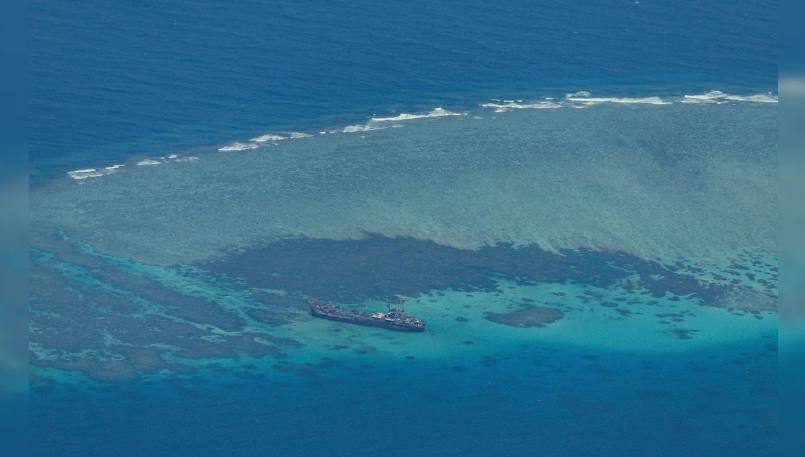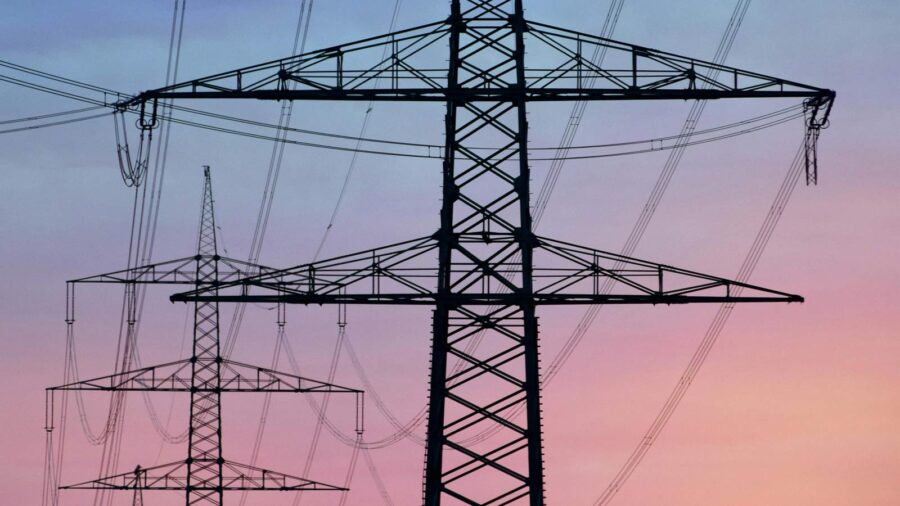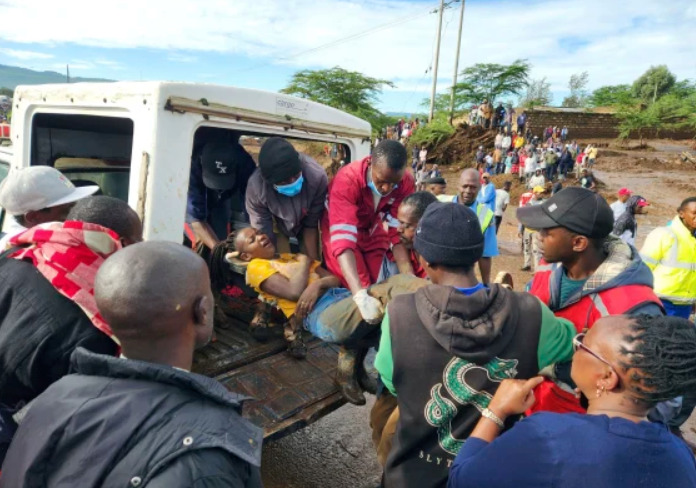Tehran, Iran – Iran’s Islamic Revolutionary Guard Corps (IRGC) has issued a warning that if the country is attacked on its nuclear facilities, it will strike Israel’s nuclear sites and may attempt to acquire nuclear weapons.
The incident occurred on Thursday, following Israeli officials’ pledge to respond to Iran’s unprecedented attacks on Israel last week. These attacks were in retaliation for the suspected targeting by the Israeli military of Tehran’s consulate in Syria.
According to Iran’s semi-official Tasnim news website, Brigadier General Ahmad Haghtalab of the IRGC stated, “The nuclear facilities of the Zionist enemy have been identified, and all necessary information from all targets is at our disposal.”
The commander of the IRGC division tasked with protecting Iranian nuclear facilities stated, “Our fingers are on the trigger of firing strong missiles to destroy the designated targets in response to a potential attack by them.”
Haghtalab also delivered Iran’s highest-level and most direct warning yet, indicating that Iran may abandon its stated policy of refraining from building nuclear bombs. He remarked, “If the fake Zionist regime wants to use the threat of attacking the nuclear centers of our country as a tool, reconsidering the doctrine and policies of the Islamic Republic of Iran, and deviating from previously stated considerations would be likely and imaginable.”
Iran’s top nuclear facilities, especially those in Natanz, central Isfahan, have faced numerous significant sabotage attacks over a decade, primarily attributed to Israel. These attacks have also seen several Iranian nuclear scientists assassinated. However, Israel has never directly attacked Iranian soil, let alone its nuclear facilities.
In March 2022, amid several high-profile sabotage attacks, the IRGC mentioned the establishment of a new nuclear security command unit publicly for the first time, as it claimed to have foiled another attack.
Currently, Iran is enriching uranium up to 60 percent, a short technical step away from the more than 90 percent enrichment required for an atomic bomb. The country also possesses enough fissile material for several bombs, making it a threshold nuclear state. However, according to the International Atomic Energy Agency (IAEA) and US intelligence assessments, Iran has yet to take further steps required to actually build a bomb.
Despite the gradual deterioration of the 2015 nuclear deal following the unilateral withdrawal by the United States in 2018, Tehran had previously stated it had no plans to pursue a nuclear weapon.
This warning on Thursday comes as top Iranian political and military leaders have vowed a swift and strong response if Israel decides to attack.
Hassan Abedini, an Iranian state media executive and adviser, published photos of a meeting between himself and Amir Ali Hajizadeh, the aerospace chief of the IRGC, on Thursday. According to Abedini, Hajizadeh stated that during last week’s attack, the IRGC refrained from using its main ballistic missiles, including the Khorramshahr, Sajil, Haj Qassem, Kheibar Shekan-2, and the Fattah family of hypersonic missiles. The IRGC used “minimum capability” and is prepared for another significant attack, he was quoted as saying, likely in response to claims by US military officials that Iran had depleted a considerable portion of its long-range ballistic missile arsenal.



